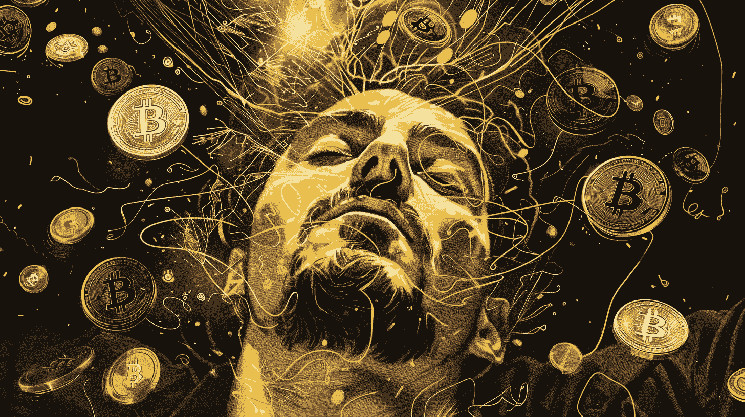Mt. Gox bankruptcy trustee on June 24, 2024, declared that reimbursements would begin at the start of July. The disbursements will be made in Bitcoin (BTC) and Bitcoin Cash (BCH) and sent to designated exchanges.
Approximately $9 billion worth of Bitcoin and $50.8 million in Bitcoin Cash are expected to be distributed to 127,000 Mt. Gox creditors.
This announcement follows a lengthy wait of ten years and three months by creditors for reimbursement. Mt. Gox ceased operations on February 24, 2014, when it halted all trading and took its website offline. Nobuaki Kobayashi, the trustee, stated that the debtor had taken time to ensure safe, reliable, and compliant repayment arrangements.
The trustee has asked creditors for patience, noting that the order of payments will depend on the respective cryptocurrency exchange.
Trustees have been working on a repayment plan for several years, with a deadline of October 2024 set by a Tokyo court last year. In May, the exchange moved over 140,000 BTC, worth around $9 billion, from cold wallets to an unknown address in 13 transactions. This marked the first on-chain wallet movement in five years.
History of Mt. Gox
Mt. Gox was once the world’s top crypto exchange, handling over 70% of all Bitcoin transactions in its early years. In early 2014, hackers attacked the exchange, resulting in the loss of an estimated 740,000 Bitcoin, worth $15 billion at current prices. The hack was the biggest of many attacks on the exchange between 2010 and 2013.
Now, the repayments are expected to add selling pressure to Bitcoin markets as early investors may sell their assets, which are now valued much higher than their original purchase prices before 2013.
After the announcement, Bitcoin's price dropped 5% to a low of $60,580 per coin. Currently, the leading crypto asset is trading at $61,123 after the price dip. The repayments are largely seen as adding selling pressure to Bitcoin markets, with traders expecting early investors to sell at least part of their holdings.
 bsc.news
bsc.news
